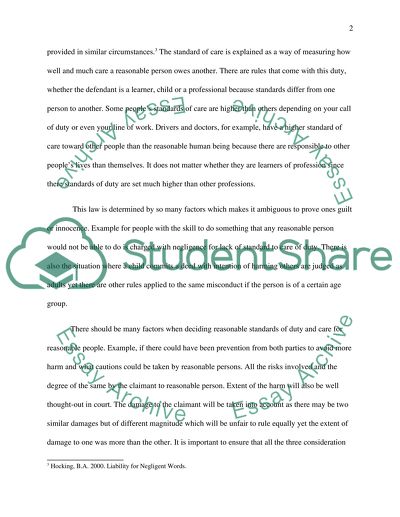Cite this document
(“The Law on Recovery for Psychiatric Injury Caused by Negligence is Essay”, n.d.)
Retrieved from https://studentshare.org/law/1454775-the-law-on-recovery-for-psychiatric-injury-caused
Retrieved from https://studentshare.org/law/1454775-the-law-on-recovery-for-psychiatric-injury-caused
(The Law on Recovery for Psychiatric Injury Caused by Negligence Is Essay)
https://studentshare.org/law/1454775-the-law-on-recovery-for-psychiatric-injury-caused.
https://studentshare.org/law/1454775-the-law-on-recovery-for-psychiatric-injury-caused.
“The Law on Recovery for Psychiatric Injury Caused by Negligence Is Essay”, n.d. https://studentshare.org/law/1454775-the-law-on-recovery-for-psychiatric-injury-caused.


